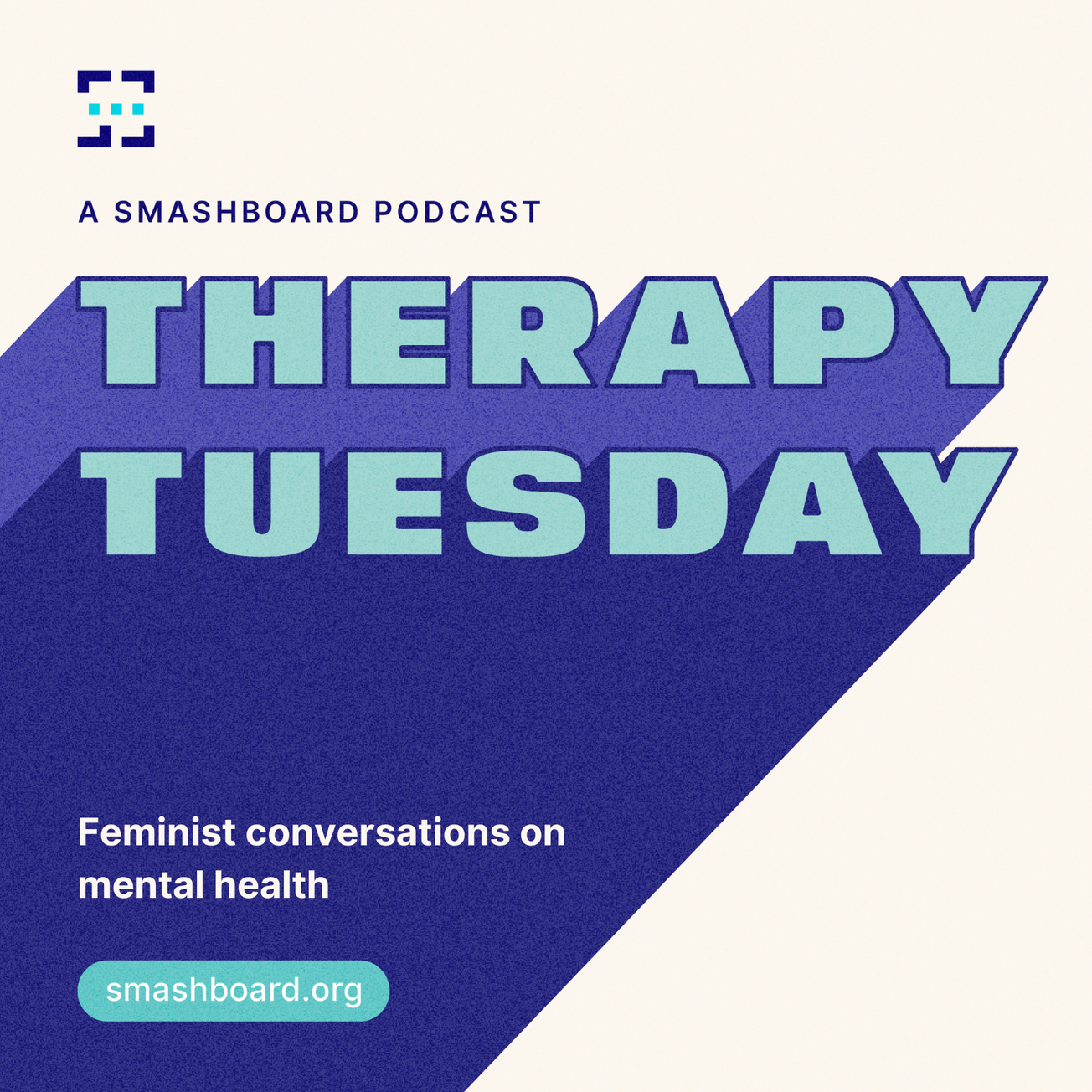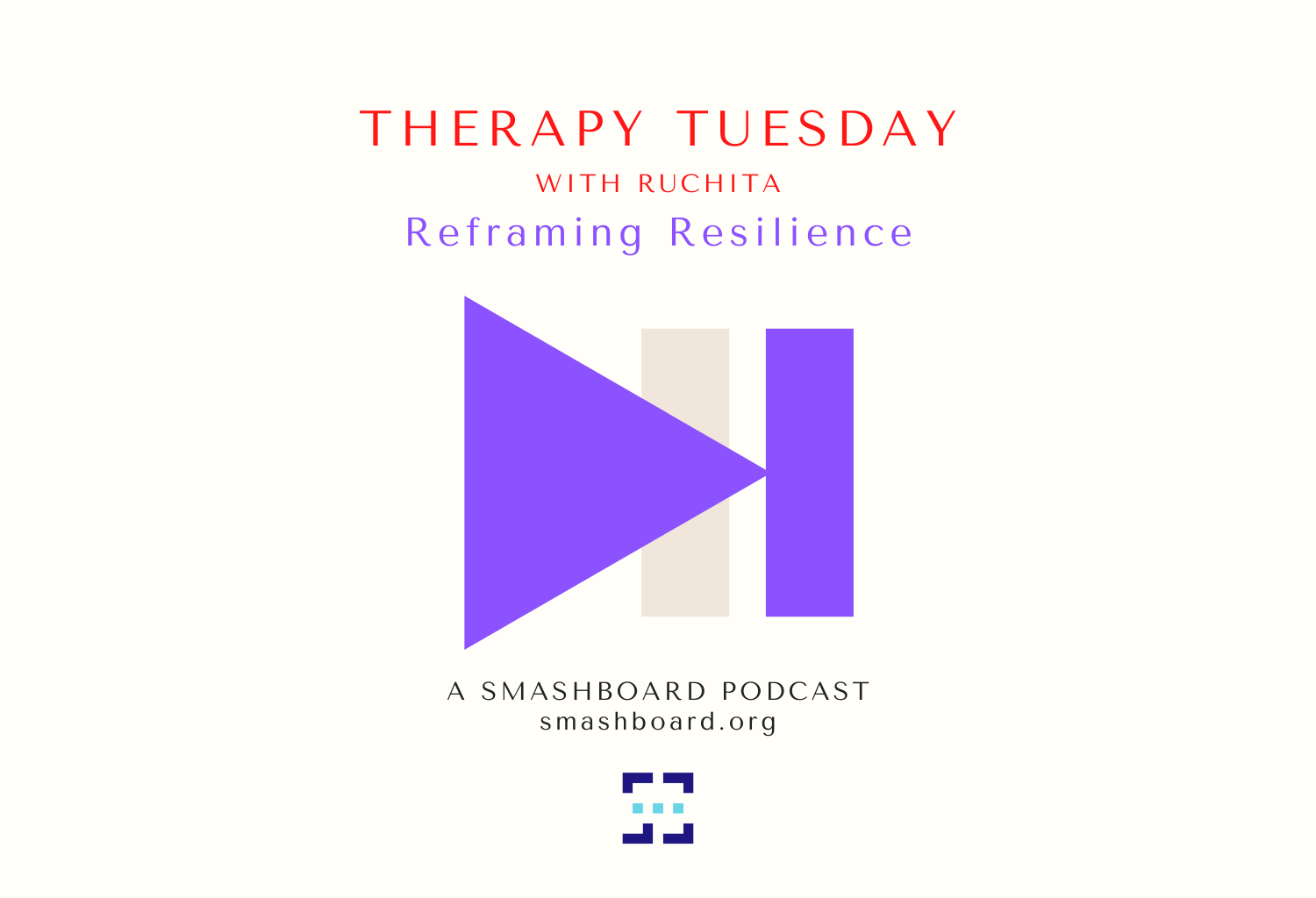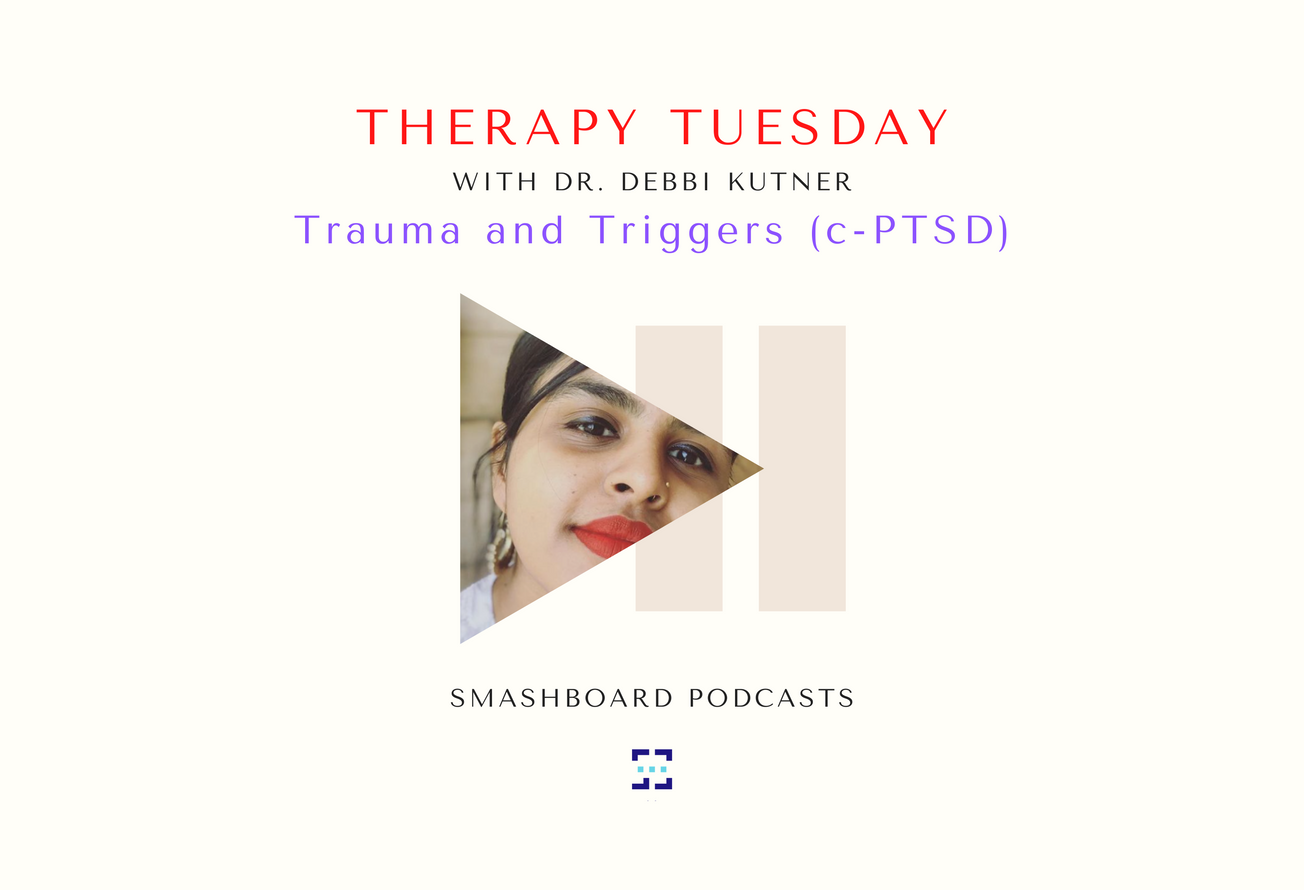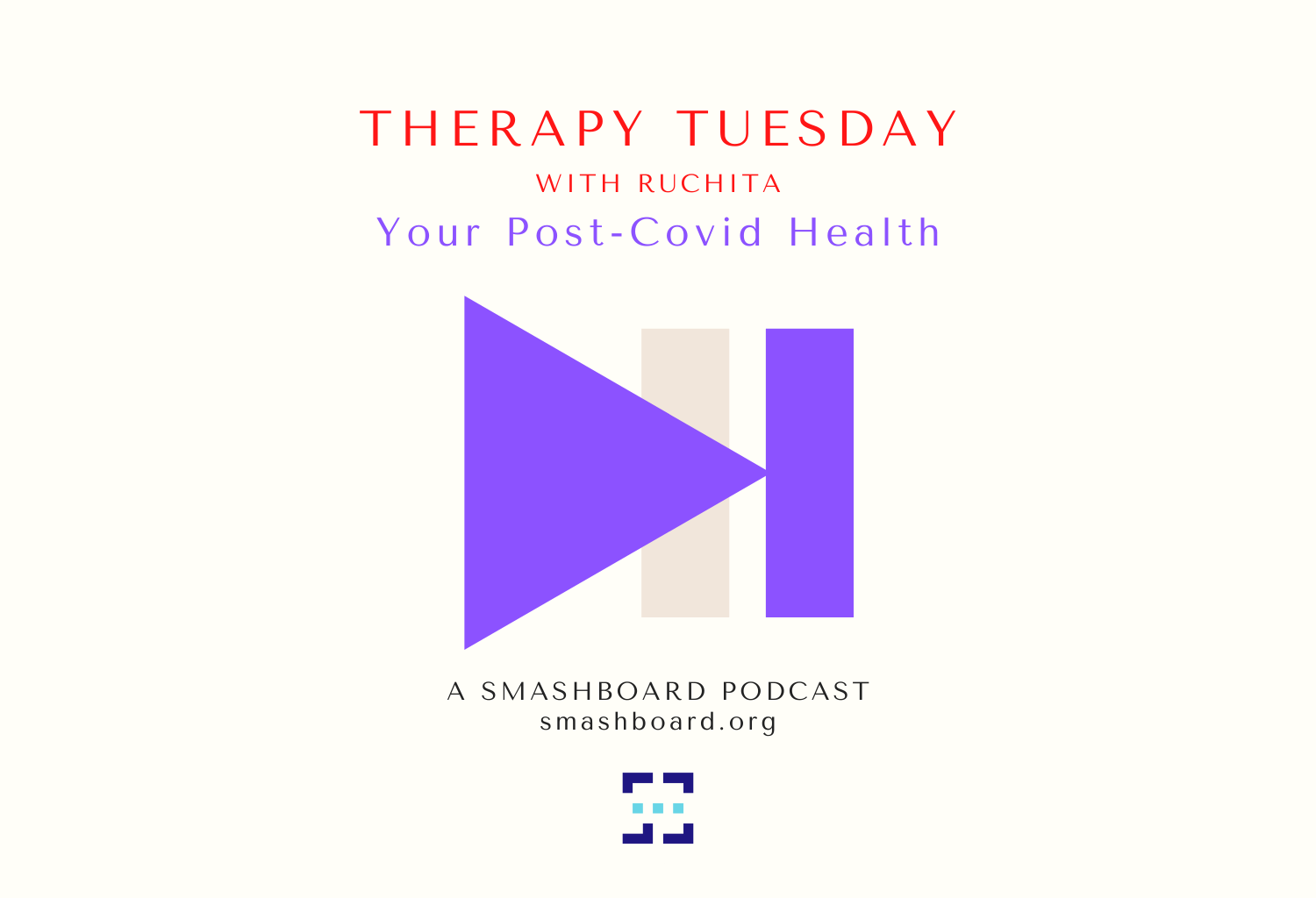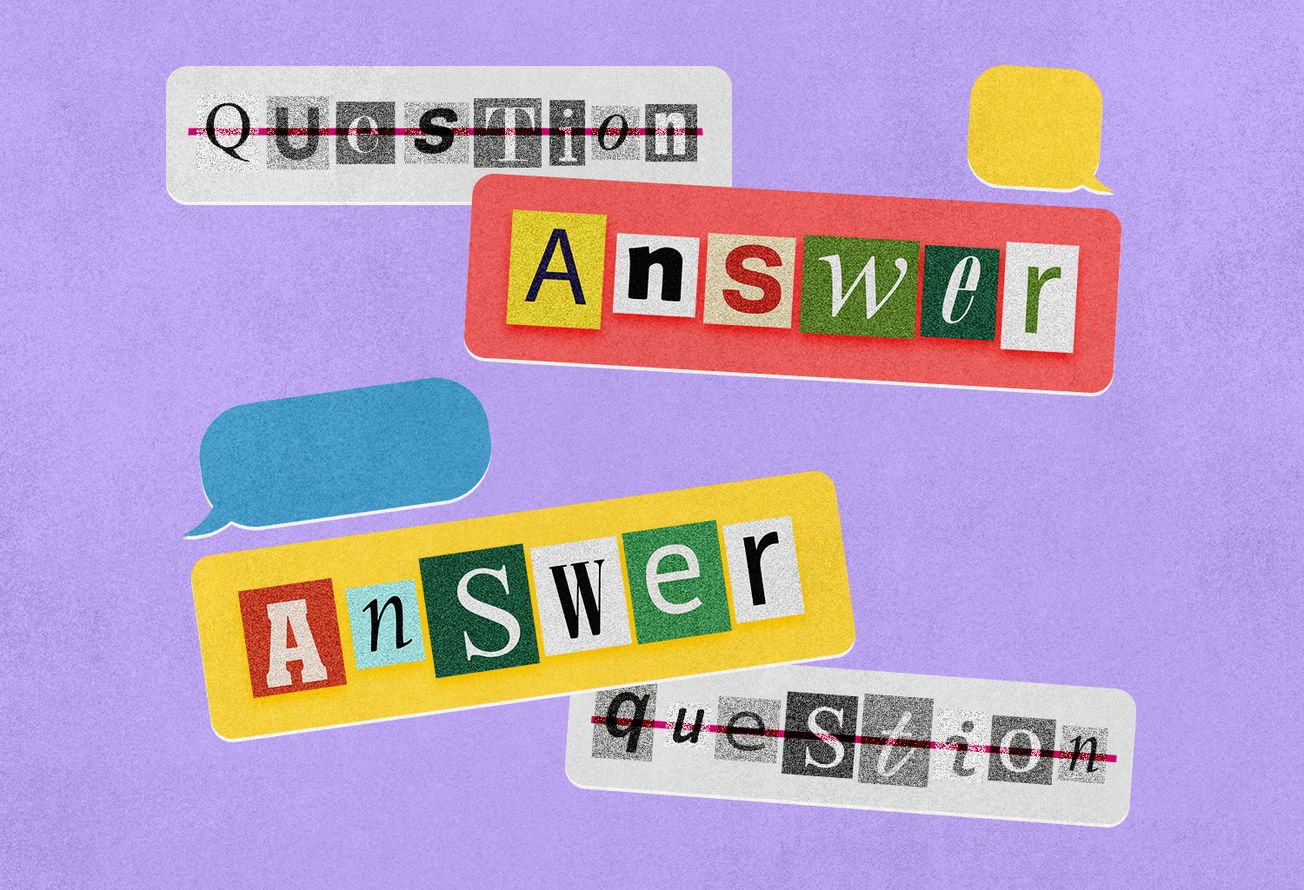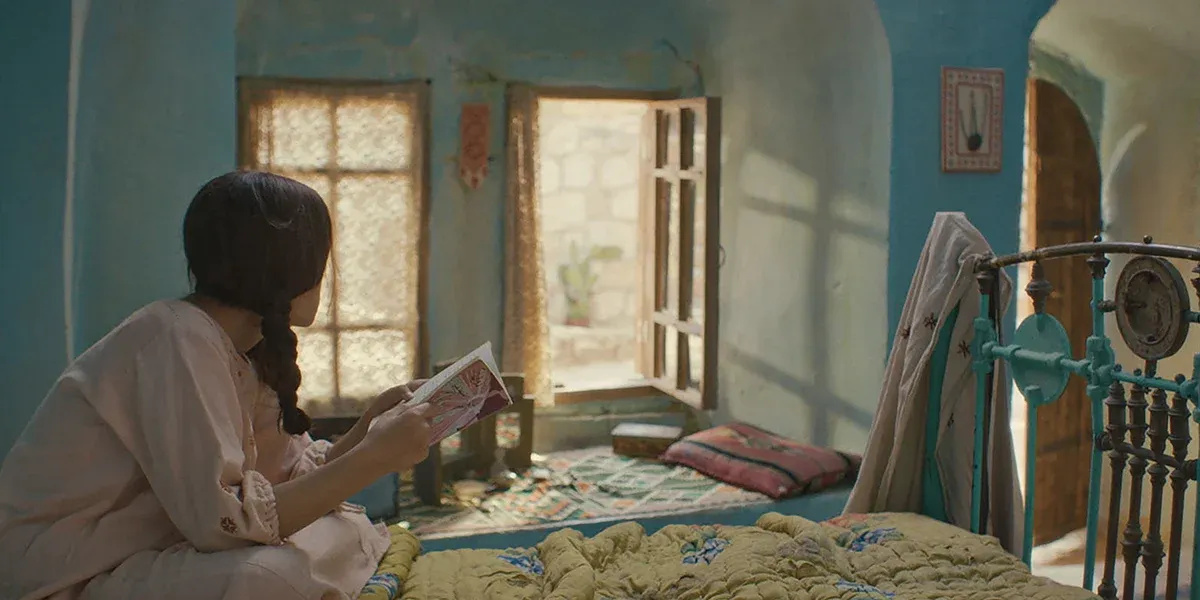Listen to our feminist mental health podcast on your favourite platform. Find links and a list of episodes below. Please do rate us! Have a great Tuesday!
APPLE PODCASTS
GOOGLE PODCASTS
SPOTIFY
LIST OF EPISODES:
Therapy Tuesday (Episode 1) - Suicide and Suicidality
Topics discussed in this podcast maybe triggering for some people.
We talk about suicide and suicidality in this episode and try to find answers to some of these vexed questions: When someone opens up about their pain and vulnerabilities to you, what are they really looking for? When factors like institutional discrimination lead to mental health issues, how can we break the stigma? How have the pandemic and the lockdown contributed to stress factors? What has the recent suicide of Sushant Singh Rajput highlighted? Do messages saying, “My DMs are open” really help those considering suicide? What are the more effective ways of supporting people who need help? How can you create a safe space for someone’s pain to exist? And what can you do if you are experiencing suicidal ideation?
Therapy Tuesday (Episode 2) - Intergenerational Trauma
We decided to address intergenerational trauma in this episode. Systemic oppression, conflict, genocide, abuse, living in fear in a misogynistic environment, sudden or painful displacement- a lot of things can lead to traumatic stress that we can pass on to younger family members. The risk of creating a cycle of oppression runs high. What could be the intergenerational traumas we maybe carrying that could affect future generations? What can attachment styles look like? What have our previous relationships have looked liked? And more importantly what can healing look like?
Therapy Tuesday (Episode 3) - Postpartum Depression
This episode is particularly useful for young mothers, people planning parenthood, and those around them. We will be talking about postpartum depression and anxiety. The pressure on new mothers to be perfect and nothing but happy is unimaginable and often prevents them from seeking help for postpartum depression by inducing guilt. The deeply problematic trend of putting motherhood on a pedestal prevents mothers from speaking about valid health concerns, attaching stigma to the process of seeking help. Along with biological reasons, people might be prone to postpartum depression and anxiety due to their social locations and related mental health issues as well. Listen to this episode to understand what postpartum depression is, how to recognise the symptoms, the risk factors, and what support and healing can look like.
Therapy Tuesday (Episode 4) - How do our bodies respond to mental health concerns?
In this episode we will be talking about the connection between our emotions and our body, so a lot about the physiological health implications of psychological symptoms, They're also called somatic symptoms of mental health concerns or psychosomatic concerns, Feeling responses start first in our bodies. We walk on the street and someone honks too loudly and our heart races, we're in the middle of our texting conversation and we start smiling without realising that we're smiling, our hands get sweaty before an important meeting or our faces gets scorching hot in the middle of an argument. Our bodies are constantly communicating with us. Numerous studies have shown that our emotional systems prepare us for the challenges we could meet in our environment. They do this by adjusting the activation of our cardiovascular, musculoskeletal, neuroendocrine and autonomic nervous system. Remember that song that instantly makes you miss someone and you experience butterflies in your stomach? Something like that could be excitement. So now that we know that our bodies have a way of communicating with us, it's important for us to think about how specific triggers may manifest in somatic symptoms and why.
Therapy Tuesday (Episode 5) - Talking to family about your mental health
Power differentials between parents and children are obvious in family dynamics. In communities of color, the power differentials can remain even once children grow into adults and result in infantilisation which can worsen mental health concerns. There is vulnerability for dismissal, bullying and not feeling supported. Conversations around mental health are uncomfortable and often stigmatized in different cultures. As a result, the experience of mental illness becomes isolating. In today's episode, we discuss some of the challenges around talking about emotional health concerns with family members. How do we break the ice? We'll also be talking about the importance of setting boundaries, navigating shame and guilt, and why agency is integral.
Therapy Tuesday (Episode 6) - Trauma and Triggers (c-PTSD) with Dr. Debbi Kutner
We are going to be talking about trauma and triggers, about c-PTSD and about how to support loved ones who live with the condition or also the kind of support we can expect from our own entourage when we are living with c-PTSD.
Therapy Tuesday (Episode 7) - Unpacking the Complexities of Grief
Losing a loved on to the pandemic, job loss, leaving your home, the breaking of a relationship—any of these could cause grief to a person. Grief is a very natural response to loss. It is complicated and sees varied feeling responses and looks different for everyone. There is profound sadness, debilitating anger, shock, guilt and a myriad of unexpected emotions. But we often police and filter our emotional experience with 'shoulds' and 'musts' when the truth is that there is no linear process to grief. It's an individual experience and can look different for the same person with each loss. Demonizing and labeling emotions under the binary of positive and negative emotions increases the risk of internalized shame and rarely helps with processing the emotion itself. In this episode, we unpack the complexities of grief- its cyclical nature, the myths around it, the grieving process, and the importance of prioritizing ourselves in the face of loss.
Therapy Tuesday (Episode 8) - Men and Depression
In this episode, we discuss men's depression- what the symptoms can look like, and how men need to develop safer spaces for themselves and unlearn the violence they have internalised towards themselves and the people around them. Conditioned to perform to societal standards of masculinity, men are rarely taught to get in touch with their feelings with authenticity. Feelings are framed as a "feminine" burden and anything feminine is associated with vulnerability which is perceived as a threat to masculinity. Reaching out for support, ranting about their day, admitting that something is upsetting them are not normalised. This lifetime of emotional stuntedness worsens isolation and increases shame around their mental health concerns. As a result, the burden of the emotional labour is placed on those around them, most often women. While it is important to hold men accountable for their actions, we also need to address the larger sociological systems that have caused these symptoms in the first place.
Therapy Tuesday (Episode 9) - Addiction
Addiction- that's our focus for this episode- the stigma attached to substance use and how we need to approach it with increased sensitivity. Substance use is often considered as a disordered behavior and the medical model has gone as far to describe it as an illness of the brain. There are multiple factors that cause vulnerability to addiction, like a family history of substance use, trauma, social environments that encourage peer drug use, and physical illness that involves the consumption of prescription drugs with addictive properties. Substance dependency also exists because the substances become accessible coping tools for the person struggling, with some substances carrying more stigma and shame than others. In collectivistic societies and cultures, the familial shame associated with anyone struggling to battle mental illness or addiction is big. Given how there can be very serious consequences for loved ones of those with addiction, unlearning shame and stigma is difficult, which is why language is important in how we communicate to and about someone struggling with addiction. Substance use is a complex, systemic issue and the more we stop demonizing those suffering, the more collaborative we can be in combating the problem.
Therapy Tuesday (Episode 10) - Bipolar Disorder
This episode debunks some myths about bipolar disorder and looks at why it becomes difficult for people to accept and own the diagnosis. Host Ruchita Chandrashekar also talks about how bipolar disorder is often depicted within frames of violence and aggression in culture and media. The opposing kind of stereotype is the assumption that people with bipolar disorder can't be stable within relationships or they can't hold a job. While bipolar disorder is a complex and chronic condition, it is possible to cope, manage, and live well with it. It is important that we humanise people living with bipolar disorder rather than stigmatise or romanticise mental illness.
Therapy Tuesday (Episode 11) - Social Media & Mental Health
In this episode, we look at the relationship between social media and mental health. While social media can be valuable for networking and enhancing connections with loved ones, it can also worsen loneliness and isolation. Dependency on social media can lead to mental health issues, poor sleep quality, diminished attention spans, and increased exposure to triggers. Detaching oneself from social media can be difficult—it takes discipline, consistency, and treating ourselves with empathy and compassion. While there is no perfect way to do this, it’s important to keep working to build a healthy relationship with our screens. Ruchita tells us how that can be done.
Therapy Tuesday (Episode 12) - Healthy Boundaries
What are healthy and unhealthy boundaries in a relationship? How do we recognize them? Why does every relationship need healthy boundaries? Setting boundaries can be uncomfortable and confusing, so, how do we go about establishing them? Behavioural health researcher and trauma therapist Ruchita answers these questions on this episode of Therapy Tuesday.
Therapy Tuesday (Episode 13) - Reframing Resilience
How can we redefine resilience from an empathetic lens? Is it solely the ability to bounce back and be strong in the face of adversity? Why is holding systems and power structures accountable for their violence integral to community resilience? How can we move away from looking at pain and distress as something that needs to be ‘fixed’ and acknowledge what it needs to heal? Behavioural health researcher and trauma therapist Ruchita answers these questions in this episode of Therapy Tuesday.
Therapy Tuesday (Episode 14) - Your Post-Covid Health
In this episode, we look at the psychological health concerns among people who have recovered from mild, asymptomatic, or severe COVID. The virus has impacted our bodies and our immune systems have worked very hard for recovery. From emotional lulls and breathlessness to sleeplessness and memory issues—we’re still learning about the long-term biological impact of COVID. Ruchita talks about how best we can cope with what we know or don't know.
Therapy Tuesday (Episode 15) - Healing from PTSD
In this episode, we chat with author Madeline Popelka, a writer, a trauma survivor, and a mental health advocate. Her handle on Instagram is called healing from PTSD. It has more than 205,000 followers. In her book “You’re Going to Be Okay,” each chapter provides an insight that she gained along her healing journey that shifted her perspective, brought her comfort, reduced her shame, or helped her feel less alone. This episode is not only useful for those who have been recently diagnosed with PTSD or CPTSD, but also for those who have been battling with trauma for some time.
Credits
Hosts: Ruchita Chandrashekar & Noopur Tiwari
Audio Mix and Edit: Depot Records & Apurba Jyoti Borah


